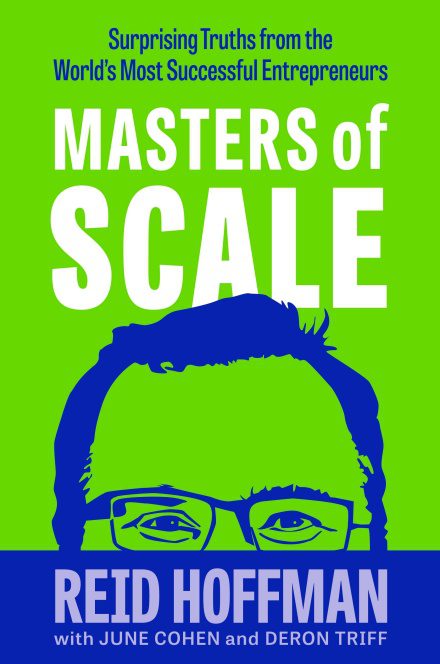To get what you have never gotten, you have got to do what you have never done. It will require hard work, persistence, mistakes, roadblocks, breakthroughs, and a rollercoaster of ups and downs. The road to success in any endeavour requires going the extra mile, from consistency to intensity, and one might need to become a little bit obsessed. Microsoft co-founder Bill Gates once said, “Success is a lousy teacher. It seduces smart people into thinking they can’t lose.” What got you successful in the first place might be a hindrance to scaling or getting to the next level. Hence the need to stay hungry, curious, teachable, adaptable and flexible. Getting to the top is not the hard part of the success journey, it is staying at the top for a long time that is hard.
“The reasonable man adapts himself to the world: the unreasonable one persists in trying to adapt the world to himself. Therefore all progress depends on the unreasonable man.” ― George Bernard Shaw

Most people reach their first levels of success through their ability to multitask with excellence. The entrepreneur starting the cupcake shop plays every role necessary to succeed and chases every opportunity available to her. She’s the person who orders inventory, the baker who makes the cupcakes, the cashier who takes the orders, the marketer who mails the coupons, the networker who wins friends in the neighborhood. She hustles in dozens of roles and takes on hundreds of tasks. At some point, she earns a profit. Over time, she succeeds. She might even hit high performance.
But with success comes new opportunities. Soon, she’s advising other start-ups. She’s dabbling in other opportunities. She hasn’t reached her primary goal of a world-class cupcake shop, but she’s comfortable. She’d tell you that her cupcake business is still a priority, but dig into her calendar and you can see that “priority” no longer equates to work. Look closer and you’ll see that most of her efforts are unaligned. She’s busy, but she’s not progressing with purpose.
The issue is that some people simply got away with not planning, for a long time. That’s because you don’t need much of a plan to figure out simple tasks. Simple tasks usually require obvious steps, few interaction points, and your own independent actions. But for complex tasks and goals, planning is vital because there are usually a variety of strategies that can help achieve a goal, and some are more effective or desirable than others. 1
“ The bigger the goal, the more to manage and the more interaction points with other people. To become a high performer requires thinking more before acting.”

Phil was willing to set aside two-plus decades of his own hard-won expertise to help Nike shift gears from a shoe company to a brand. He understood that the market for shoes underwent a step-change in the early 1980s—and if he and Nike didn’t adapt, they wouldn’t survive. It’s a transition every leader of an innovative, fast-growing organization will face, often multiple times. It’s not enough to learn the ropes. To truly scale an organization, you have to learn to unlearn.
And this is challenging, because humans have a tendency—especially as we get older and more established—to hold on to the strategies that helped them succeed last time, whether or not they still work. So you have to continually question (and often cast off) the assumptions from your last product, your last job, your last year. Especially in a fast-growing organization or industry, the old adage applies: “What got you here, won’t get you there.” 2 Learning to unlearn is the hidden mindset for scale.
Meditations
Daily Calm with Tamara Levitt -Capacity for Change
- With a consistent meditation practice comes visible progress, such as patience, peacefulness, more gratitude and dropping an old habit. But along with this positive change, fear can arise that things would revert to how they were. We doubt our capacity for change; it is essential to realize that all habits, ancient ones, run deep; therefore, when we notice any change in our behaviour, it causes congratulations, even the smallest of changes.
- With mindfulness, each time we fall, we bring ourselves back with elevated self-compassion and patience.
Daily Jay with Jay Shetty – Coping with Worry
- Our desire for control and resistance to things often create the most significant suffering in our lives. To deal with worry, acknowledge the emotions and accept lack of control. If you can make peace with your lack of power, let go a bit; it helps to calm the anxiety, rumination, despair, or whatever is being felt.
Daily Trip with Jeff Warren – Ground
- Meditation adds depth and ground to our experience; we start to get curious about our own awareness as the place out of which everything is blooming and moving.
Podcast
- WORLD’S LEADING RELATIONSHIP THERAPIST: Why Your EGO is RUINING your relationship! | Ester Perel
All the best in your quest to get better. Don’t Settle: Live with Passion.



Comments are closed.